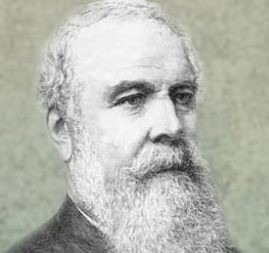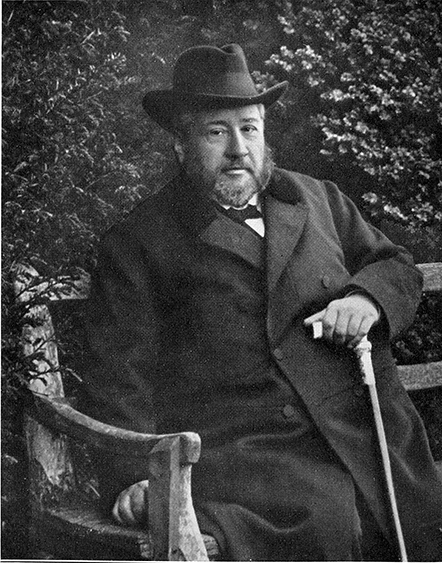I Love Deuteronomy
 I have always loved Deuteronomy. In fact the Lord used this book as a key instrument in my own conversion. Deuteronomy is a book of the Law and reveals the holiness of God. Reading it will instill the deep fear of the Lord in a person.
I have always loved Deuteronomy. In fact the Lord used this book as a key instrument in my own conversion. Deuteronomy is a book of the Law and reveals the holiness of God. Reading it will instill the deep fear of the Lord in a person.
But according to the Text, did Israel receive God's favor because they were obedient to the Law and deserved it? No, God declared to the Israelites three times that the "Lord your God is NOT giving you this good land to possess because of your righteousness, for (He said) you are a stubborn people." But rather the reason the He says He blesses them is to confirm the word of promise and grace that the Lord swore to to Abraham, to Isaac, and to Jacob. (Deut 9:5-6)
And while the first 28 chapters of the book give God's holy law and declares that they will be blessed and righteousness if they obey but cursed if they disobey. Yet were they able to obey it? No, as Joshua said, they will not obey because God is holy. (Joshua 24:19) Furthermore, in Deuteronomy 29:4, after the giving of the law, God declares, "But to this day the LORD has not given you a heart to understand or eyes to see or ears to hear." So what were they to do? Not only was God's promise based on the favor he showed to Abraham but also He promised them that "the Lord your God will circumcise your heart and the heart of your offspring, so that you will love the Lord your God with all your heart and with all your soul, that you may live." (Deuteronomy 30:6) It is grace that would make the children of promise willing to obey, apart from which, there would naturally be only stubborn hardness of heart.

 by J. C. Ryle
by J. C. Ryle
 by Herman Bavinck
by Herman Bavinck by C. H. Spurgeon
by C. H. Spurgeon
 Some claim it would be unjust of God to command us to do something we are unable to do.
Some claim it would be unjust of God to command us to do something we are unable to do. Men are not Saved by Good Works, nor by the Free Determination of their Own Will, but by the Grace of God through Faith
Men are not Saved by Good Works, nor by the Free Determination of their Own Will, but by the Grace of God through Faith